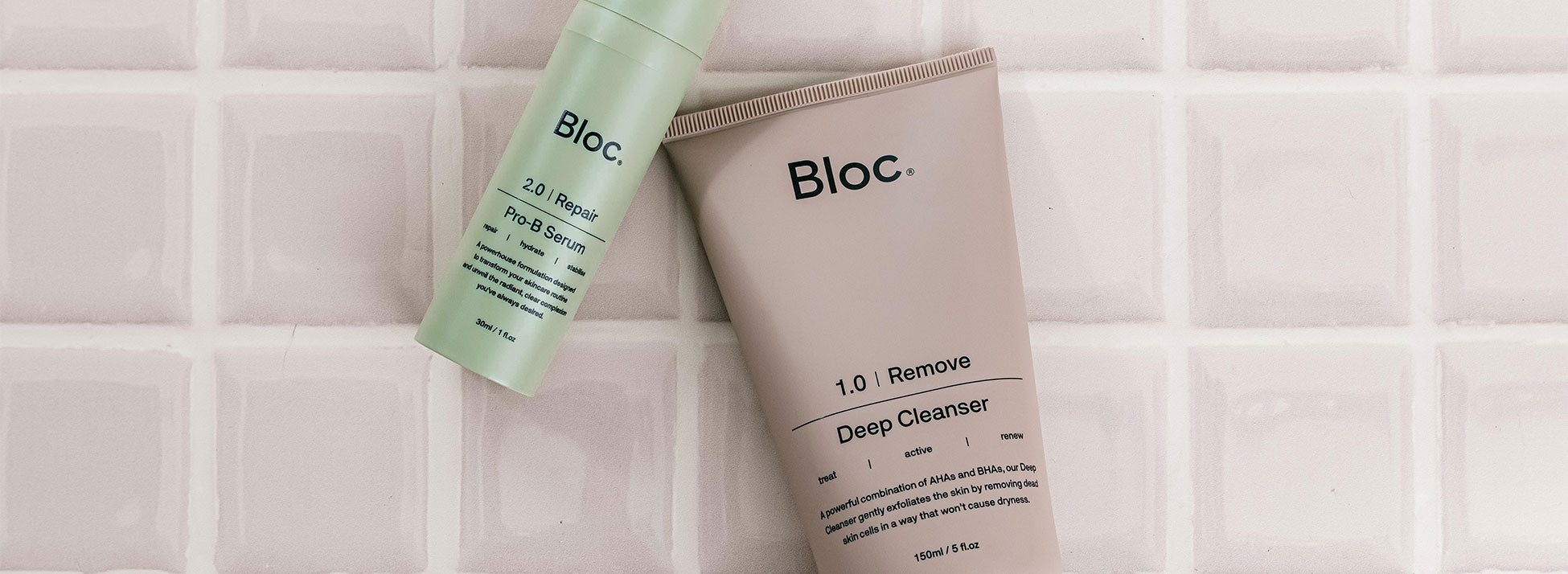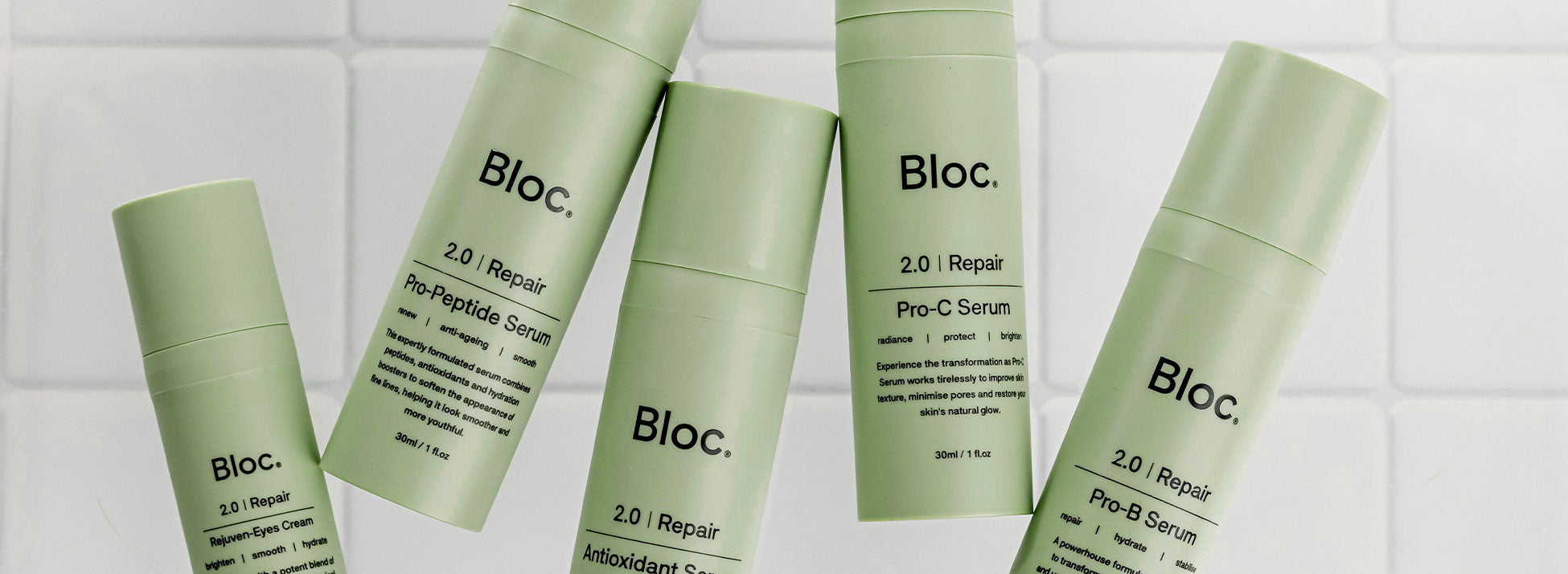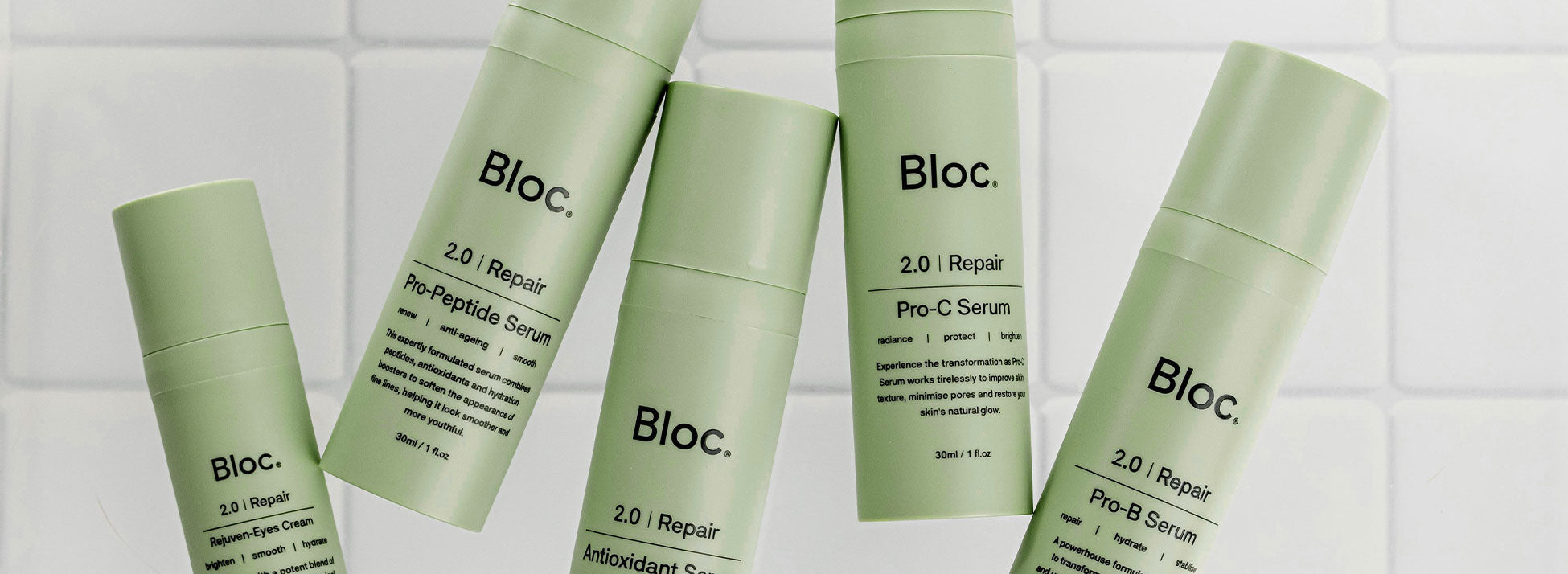Pigmentation is a common skin concern that can affect anyone, leading to uneven skin tone and dark spots. If you’re looking to understand more about pigmentation and how to treat it effectively, you’ve come to the right place. In this blog, we’ll delve into what causes pigmentation, how to care for it, and share some dermatologist-approved tips.
What is Pigmentation?
Pigmentation refers to the colouring of your skin. Your skin gets its colour from a pigment called melanin, produced by cells known as melanocytes. Sometimes, these cells can produce too much melanin, leading to dark spots or patches on the skin. This condition is known as hyperpigmentation.
Common Types of Pigmentation
Understanding the different types of pigmentation can help you identify and treat them more effectively:
- Melasma: Characterised by brown or grey-brown patches, melasma often appears on the face and is commonly triggered by hormonal changes, such as during pregnancy or from birth control pills.
- Sunspots (Solar Lentigines): These are flat, brown spots that develop on sun-exposed areas of the skin, such as the face, hands, and arms. They are caused by prolonged sun exposure.
- Post-Inflammatory Hyperpigmentation (PIH): Dark spots that appear after an inflammatory skin condition, such as acne or eczema, has healed.
Causes of Pigmentation
Several factors can contribute to the development of pigmentation:
- Sun Exposure: UV radiation from the sun is the primary cause of increased melanin production, leading to sunspots and worsening other forms of pigmentation.
- Hormonal Changes: Fluctuations in hormones, particularly during pregnancy or due to contraceptive use, can trigger melasma.
- Skin Injuries or Inflammation: Conditions like acne, eczema, or injuries can lead to post-inflammatory hyperpigmentation as the skin heals.
- Genetics: Your genetic makeup can play a role in how your skin reacts to sun exposure and inflammation.
Tips for Treating Pigmentation
Now that we understand what pigmentation is and what causes it, let’s explore some tips for treating and managing pigmentation effectively.
1. Sun Protection
- Wear Sunscreen: Apply a broad-spectrum sunscreen every day, regardless of the weather. Sunscreen helps prevent new dark spots and stops existing ones from getting worse.
- Seek Shade: Avoid direct sun exposure, especially during peak hours (10 a.m. to 4 p.m.). Wear protective clothing, hats, and sunglasses.
2. Use Topical Treatments
-
- Vitamin C: This powerful antioxidant can help brighten your skin and reduce the appearance of dark spots. Apply a vitamin C serum in the morning for the best results.
- Retinoids: These vitamin A derivatives accelerate cell turnover, helping to fade hyperpigmentation over time. Use retinoids at night, as they can increase sun sensitivity.
- Hydroquinone: A skin-lightening agent that can be effective for reducing dark spots. It's often used in conjunction with other treatments but should be used under the guidance of a dermatologist.
- Niacinamide: This form of vitamin B3 helps to reduce the transfer of melanin to skin cells, thereby lightening dark spots and improving skin tone.
3. Gentle Exfoliation
- Chemical Exfoliants: Use products containing alpha hydroxy acids (AHAs) or beta hydroxy acids (BHAs) to gently exfoliate the skin, promoting the removal of pigmented cells. Avoid harsh scrubs that can irritate the skin.
4. Consider Professional Treatments
- Chemical Peels: These involve applying a chemical solution to the skin, which exfoliates the outer layer and helps reduce pigmentation. Peels should be done by a professional to avoid complications.
- Laser Therapy: Different types of lasers can target and break down melanin, helping to lighten dark spots. Consult a dermatologist to determine if this is suitable for your skin type.
- Microneedling: This treatment uses tiny needles to create micro-injuries in the skin, stimulating collagen production and helping to improve pigmentation.
5. Maintain a Consistent Routine
- Patience is Key: Treating pigmentation takes time and consistency. Stick to your skincare routine and be patient, as it can take several weeks to months to see significant improvement.
- Avoid Triggers: If you know certain factors, like hormonal treatments or specific skincare products, trigger your pigmentation, try to avoid them.
Pigmentation is a common yet treatable skin concern. By protecting your skin from the sun, using targeted treatments, and maintaining a consistent skincare routine, you can achieve a more even and radiant complexion. Remember to be patient and consult with a dermatologist for personalised advice.









